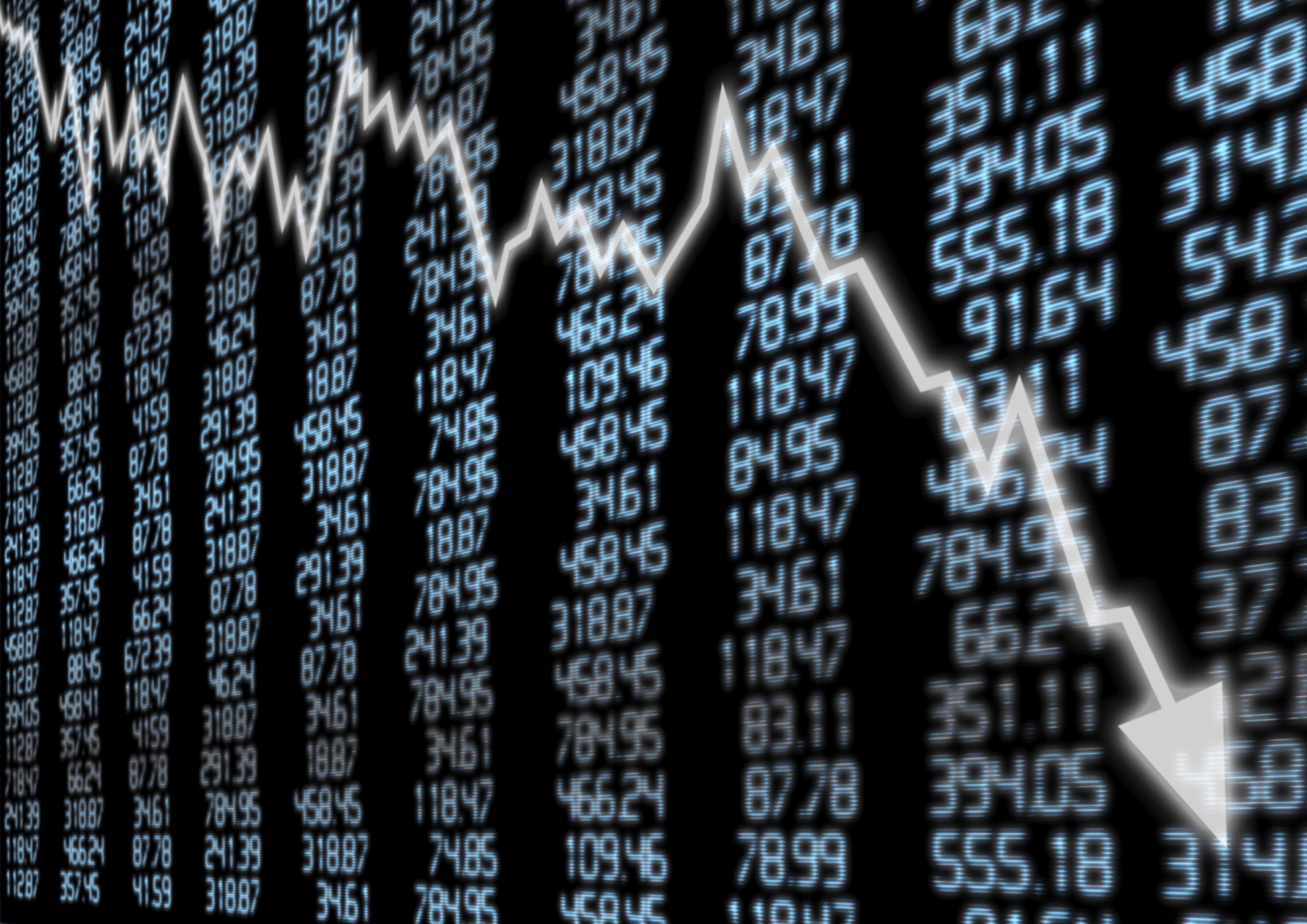FTSE 100 slumps below 5,000 points as US interest rate cut causes panic
It was hoped the Federal Reserve's move to cut interest rates to zero would be greeted warmly by investo…
16th March 2020 09:41
by Kyle Caldwell from interactive investor
It was hoped the Federal Reserve's move to cut interest rates to zero would be greeted warmly by investors, but the opposite has played out.

Investor confidence has taken a fresh knock following the US Federal Reserve’s move last night to cut interest rates from 1.25% to zero and restart quantitative easing in the form of the purchase of $700 billion of US Government bonds and mortgage-backed securities.
The Federal Reserve said it will use its “full range of tools” to “help American families and businesses, and indeed, our entire economy weather this difficult period and will foster a more vigorous return to normal once the disruptions from the coronavirus abate.”
It was hoped the move would be greeted warmly by investors, but the opposite has played out with the FTSE 100 slumping 5% on the opening bell. At the time of writing, at 8.45am, the index plunged further into the red, down 8.2% to trade just below 5,000 points. This represents an eight-year low for the index.
Russ Mould, an investment director at AJ Bell, comments that the dramatic interest rate cut “will initially stoke further debate as to whether the monetary medicine will work, on the economy or markets or both.” Judging by how markets have fared at the start of the week, with other European markets also in the red, with France’s Cac 40 down 5.8% and the German Dax declining by 5.5%, it appears investors have taken the view the Federal Reserve’s moves will not be enough to avert a global recession.
Mould also points out that from a valuation standpoint the US market has carried an expensive price tag for a number of years (since around 2015), and as a result, even despite the recent falls, investors are not going to be in a rush to buy until valuations cool to more normal levels.
He says: “Professor Robert Shiller’s cyclically adjusted price earnings (Cape) ratio suggested US equities were expensive relative to historic norms in 2000 and 2007 and it has long since suggested that they have become overcooked during this bull run, too.
“Using this approach, US stocks had only been as expensive twice before, in 1929 and 2000, and neither of those episodes ended well for investors at all.”
Asian markets were also deeply in the red: Hong Kong’s Hang Seng and Japan’s Nikkei 225 recorded losses overnight of 4% and 2.5%, respectively.
- What does UK interest rate cut mean for savers, borrowers and investors?
Various UK firms issued statements this morning relating to the coronavirus. British Airways’ parent company IAG and easyJet both announced they are cutting flights.
Elsewhere, the owner of Paddy Power, the bookmaker, said its full year profits will be hit the tune of between £90 million to £110 million if sporting restrictions remain in place until the end of August.
Edward Park, deputy chief investment officer at Brooks Macdonald, points out the move by the Federal Reserve has been made to “help support liquidity and underscore its commitment to market stability.” But he cautions that “monetary policy alone will not be sufficient to combat the effects of the virus given the current crisis is inherently not a financial problem.”
He adds: “That said, the reduction in liquidity seen in the last few weeks has created a financial problem and this is what the Federal Reserve are targeting. By the time the economic effects of the rate cut appear to be felt by the real economy we are likely to be in the economic recovery stage. The question therefore is whether this action will make the dip in economic activity caused by coronavirus more shallow.
“We are sceptical that monetary policy alone can stimulate sufficient consumer demand to alleviate the short-term economic impact of coronavirus and therefore look closely at the global fiscal stimulus to determine the near-term impact.
“The Federal Reserve’s decisive monetary policy response will likely supercharge the economic recovery when it comes, but in and of itself is unlikely to prevent a strong fall in economic activity in the first half of 2020.”
Last week was the worst for markets since at least the 2008 global financial crisis. Since the start of the year (to 12 March) the FTSE All Share index has been the worst-performing of all major markets.
- Coronavirus: will markets fall further, and should I buy, hold or sell?
This article was originally published in our sister magazine Money Observer, which ceased publication in August 2020.
These articles are provided for information purposes only. Occasionally, an opinion about whether to buy or sell a specific investment may be provided by third parties. The content is not intended to be a personal recommendation to buy or sell any financial instrument or product, or to adopt any investment strategy as it is not provided based on an assessment of your investing knowledge and experience, your financial situation or your investment objectives. The value of your investments, and the income derived from them, may go down as well as up. You may not get back all the money that you invest. The investments referred to in this article may not be suitable for all investors, and if in doubt, an investor should seek advice from a qualified investment adviser.
Full performance can be found on the company or index summary page on the interactive investor website. Simply click on the company's or index name highlighted in the article.